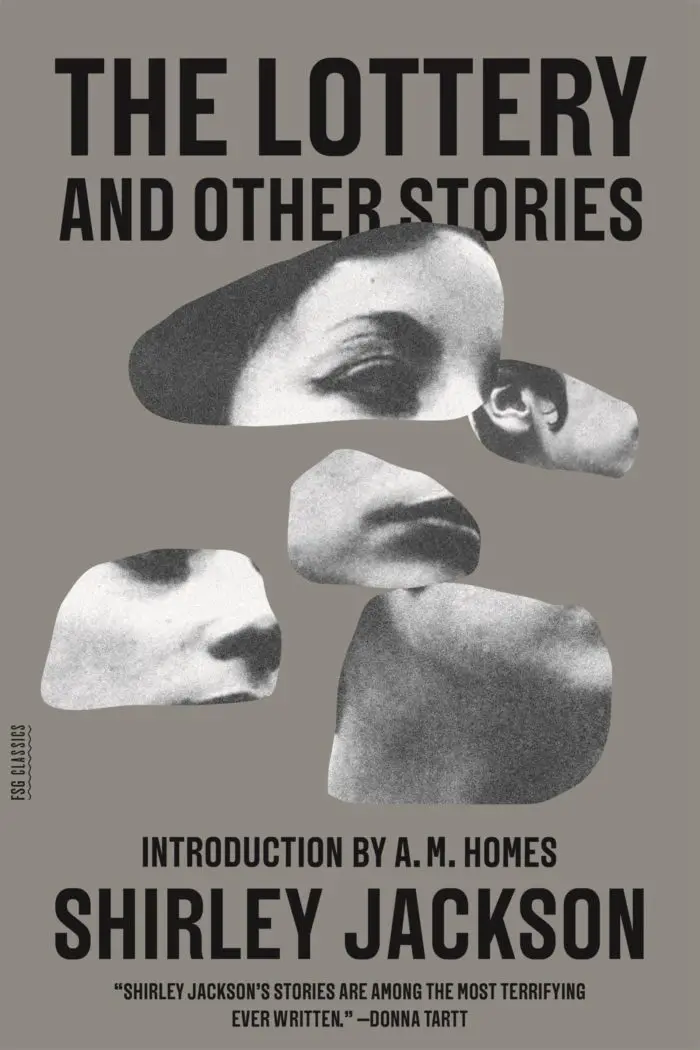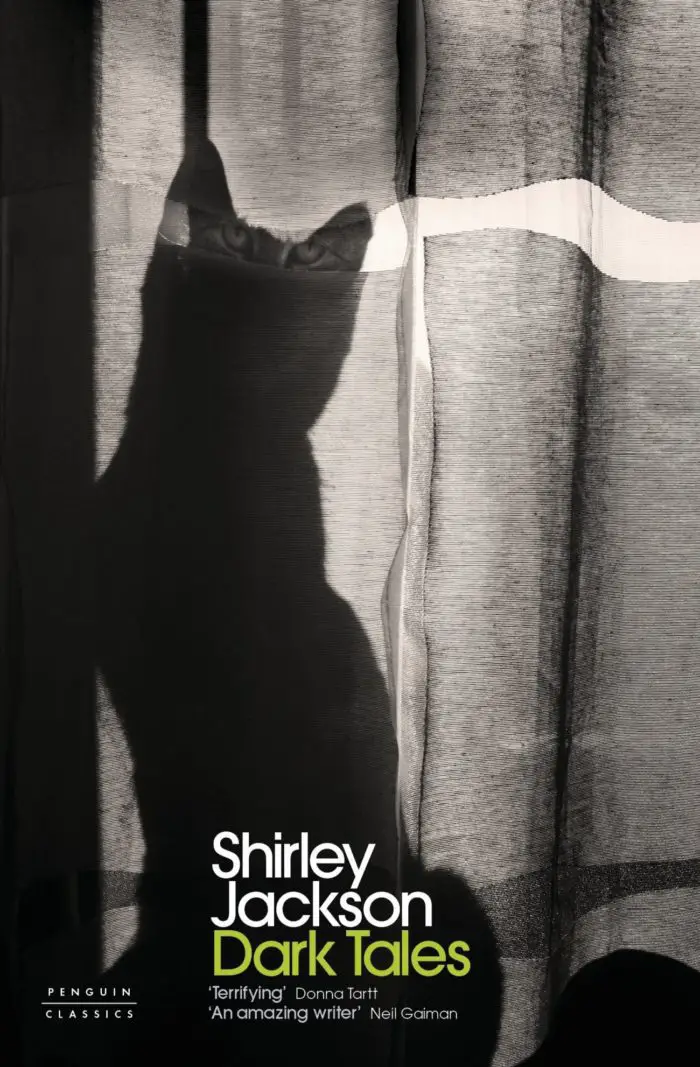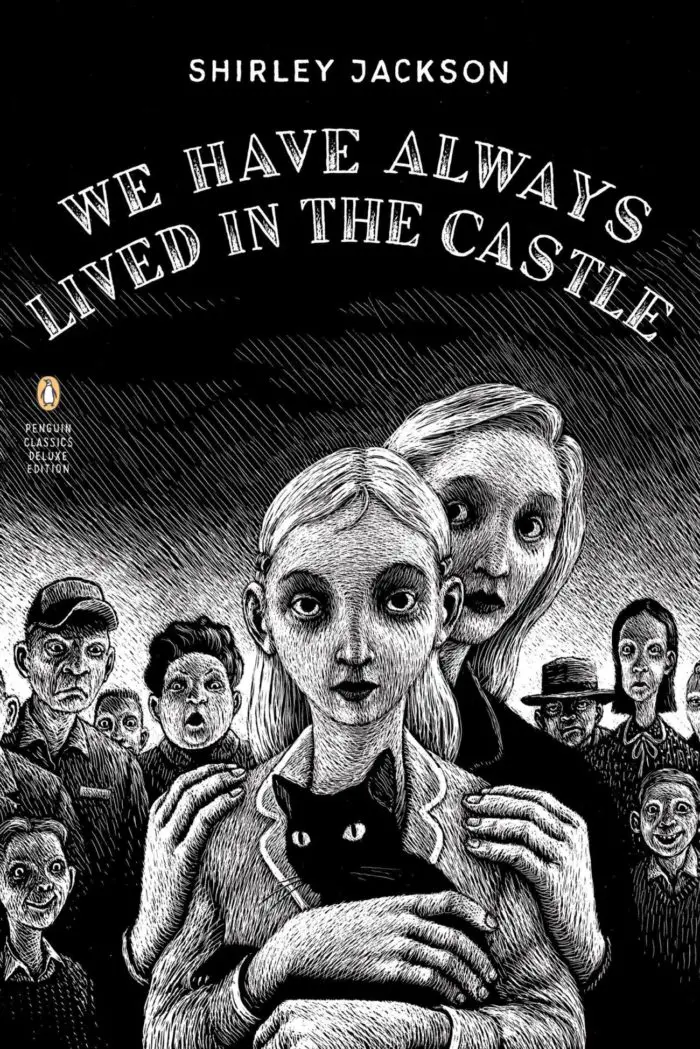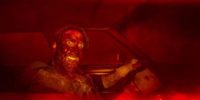It’s not a shock that Shirley Jackson’s work still remains some of the most affecting and relevant horror fiction. Jackson’s keen eye for the horrors of real life made her a writer who is continually unparalleled in her gift for creating domestic terror that leaves the reader stunned and disturbed. There’s a reason that English teachers from middle school to college continue to assign her work. Jackson is a shining beacon of societal horror that still mirrors life today. She has been traumatizing the world with her gifts for many years and will do so for many more years to come. This paragon of horror fiction deserves every ounce of respect that is put on her name and then some. Without Jackson, we would not have the likes of modern genre greats like Stephen King. Jackson built upon the blueprint from those that came before her and made horror something that was entirely her own.
Regarding Jackson, King once said in his book Danse Macabre,
It is Eleanor, on whose house stones fell when she was a little girl, that [The Haunting of Hill House] is vitally concerned with, and it is the character of Eleanor and Shirley Jackson’s depiction of it that elevates The Haunting of Hill House into the ranks of the great supernatural novels—indeed, it seems to me that it and [Henry] James’s “The Turn of the Screw” are the only two great novels of the supernatural in the last hundred years.
That is undoubtedly high praise from the man who has been haunting everyone’s nightmares consistently since the 1970s. Jackson has aided in laying the groundwork for sparking the imagination of countless writers aside from King including the likes of more contemporary favorites such as Carmen Maria Machado and Ottessa Moshfegh.

To understand Jackson’s unique point of view, one must investigate her upbringing. As a child Jackson’s mother was dismayed by her daughter. Geraldine Jackson was a woman who thrived off of normality and just so happened to have a daughter who was quite the opposite. Jackson was a disappointment to Geraldine and thus Jackson’s younger brother became the favored child. During her childhood years, Jackson struggled with her weight and her body image. These struggles would have bearing on her for the rest of her life. Jackson’s penchant for writing outsider protagonists and narratives that largely center those that feel ostracized from normal society likely derived from her fraught childhood.
Jackson initially caught the eye of her future husband, Stanley Edgar Hyman, via her writing prowess, but their relationship was anything but perfect. He was supportive of Jackson’s writing, but Hyman expected her to be a housewife and a mother all the while. Jackson wrote and cared for their children and their house. Considering how prolific Jackson’s short story writing was, it’s astonishing that she had time to write while rearing four children. Jackson had to contend with her husband’s rampant infidelity. Hyman taught at Bennington College, and the family had settled there in Bennington, Vermont, as a result. He was known for having affairs with his students there at the college. As the years wore on, Jackson came to earn more from her writing than Hyman did from his teaching. Regardless, he was the one who controlled the finances in the household.
Jackson’s physical and mental health took a toll on her, and in the year before her death, she was plagued with anxiety and was agoraphobic. The pressures of being seen as merely a “faculty wife” by her husband’s colleagues and peers, as well as being ostracized in Bennington, exacerbated Jackson’s health concerns. Sadly, Jackson only lived to be 48 years old and died of a heart attack that was likely the result of coronary occlusion. At the end of her life, Jackson was optimistic about the future, and the writings she left behind are proof of that. It’s a depressing thought that just when life was beginning to look up for Jackson that she was ripped from existence. Despite the trials in her short life, she managed to leave behind one of the most influential bodies of work ever.
Jackson’s ability to aptly and succinctly capture the nature of humanity in her works goes beyond simply unnerving. Jackson worms her way into the reader’s mind and sets up camp there, staying long after the story has ended. Her most famous short story, “The Lottery,” is a haunting exploration of the dangers of blind tradition and how one should interrogate outdated rituals and how they may harm people unnecessarily. There’s a reason that is still largely controversial and celebrated. Upon publication of the short story, Jackson received copious amounts of hate mail, and it has been banned from schools over the years, as well. Unsurprisingly, the story did not go over well in Texas, and it was primarily banned from schools there.

Most of Jackson’s short fiction was similarly witty and observational. She looked at the ugliness that was beneath America’s suburban sheen of supposed perfection. Jackson sought to unearth just how absolutely terrifying human nature could be. No sort of topic was off-limits for Jackson—from the dangers of nosy old women to people’s casual racism. Jackson saw that everyday life was rife with horror and, thus, was a perfect place to mine her tales of terror from. In every Jackson tale, there is always a nervy and uncomfortably raw facet that is familiar to the reader. She’s unflinching in her knack for creating dread.
Jackson brought her brand of vicious profundity to long works as well. Her novels operate mostly on the same principle, but the horror is drawn out even longer and might even be more affecting. Her classic long-form magnum opus The Haunting of Hill House is required reading for those who love horror, specifically gothic horror. Jackson takes her twisty psychological narrative to daring places, taking a look at repression and reality. The end of the novel is certainly one of the most breathlessly shocking finales in horror literature and is unerringly stirring. There is a reason that this book has come to be considered one of the foremost texts of haunted house horror and gothic literature. The premise of the story was so frightening that Hyman, who normally devoured all of Jackson’s nerve-wracking works, refused to read The Haunting of Hill House. Luckily, Jackson received great praise for the novel during her lifetime and profited off of it, something that not all writers are lucky enough to enjoy.
Naturally, Jackson was compared to Henry James, which makes sense. All horror writing is in conversation with one another, creating a sort of terrifying literary dialogue. Jackson managed to set herself apart from her predecessors while building on ideas and tropes that have become staples of the genre. To this day we continue to celebrate Jackson for her brilliance and her contributions. She helped make horror what it is today and will continue to inspire horror creatives with her razor-sharp talent for domestic dread. It’s the duty of current horror fans to make sure her legacy stays alive and is given the proper respect it completely and wholly deserves.

Reading List
New to Shirley Jackson and don’t know where to start? Here’s a little sampling to get you started on your journey with Jackson.
Short Stories: “The Lottery,” “The Summer People,” “The Bus,” “Charles,” “Louisa, Please Come Home,” “The Possibility of Evil,” “The Renegade,” “All She Said Was Yes,” “What a Thought,” “A Visit,” “The Honeymoon of Mrs. Smith,” “Flower Garden,” “The Story We Used to Tell,” and “Home.”
Novels: The Haunting of Hill House and We Have Always Lived in the Castle.


